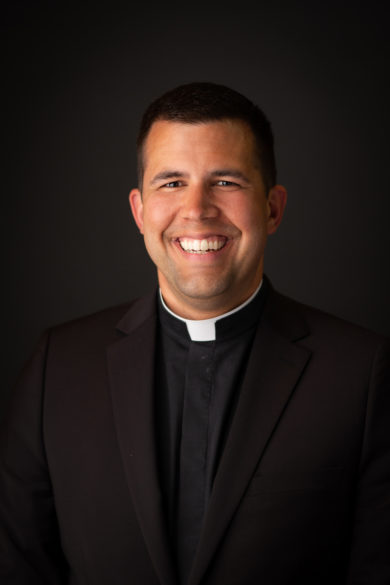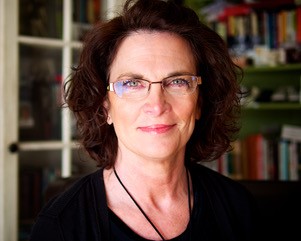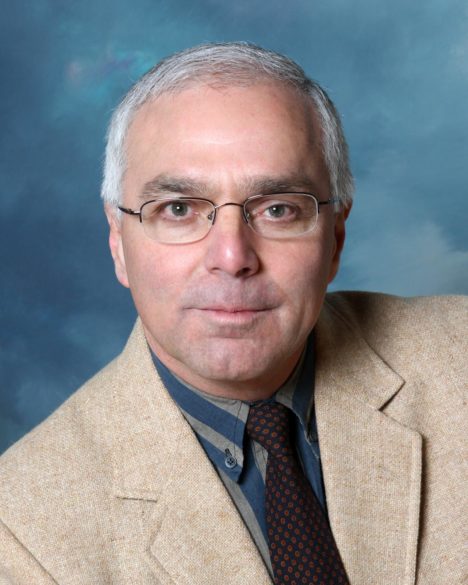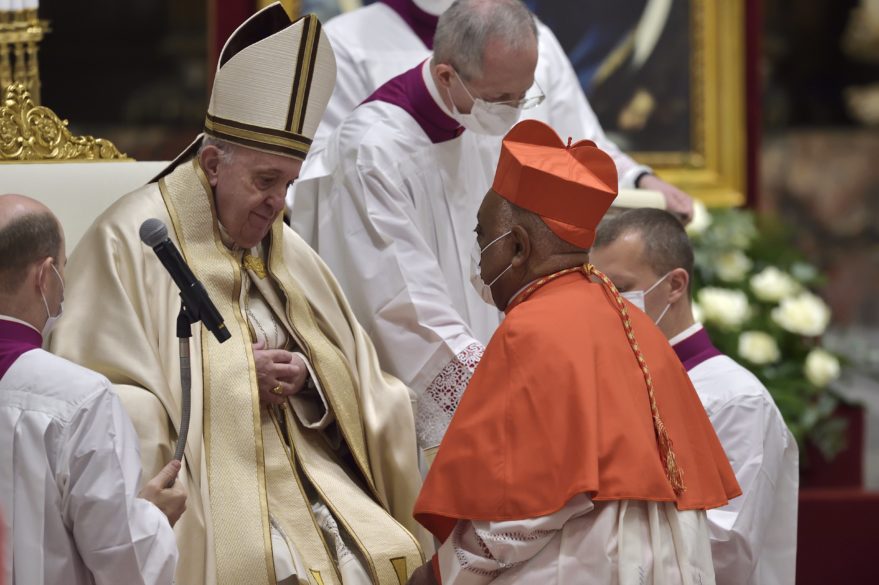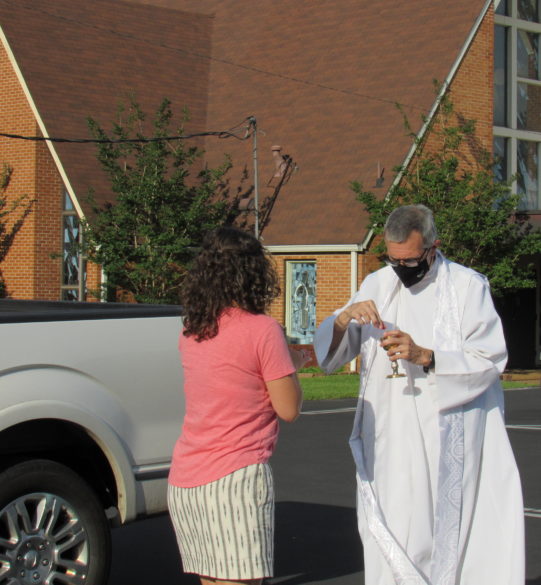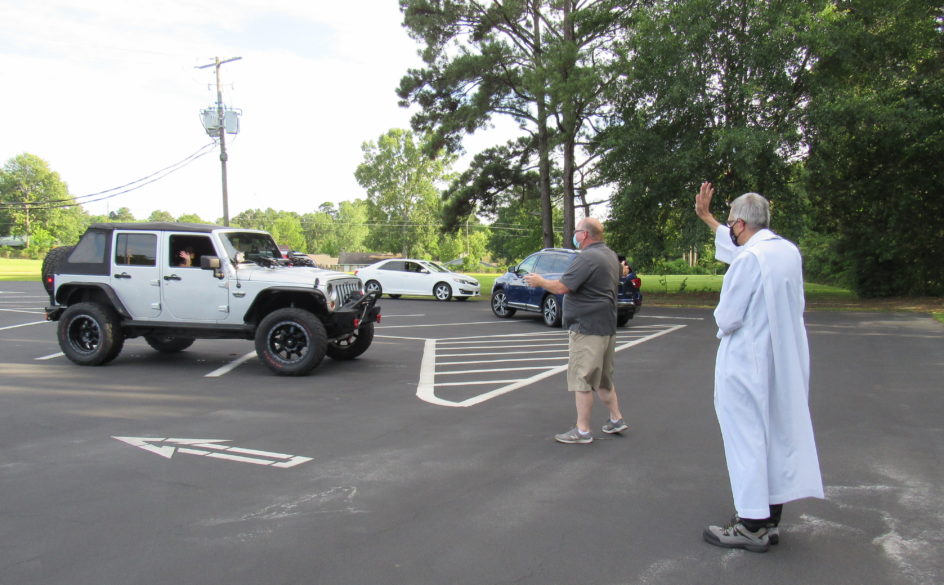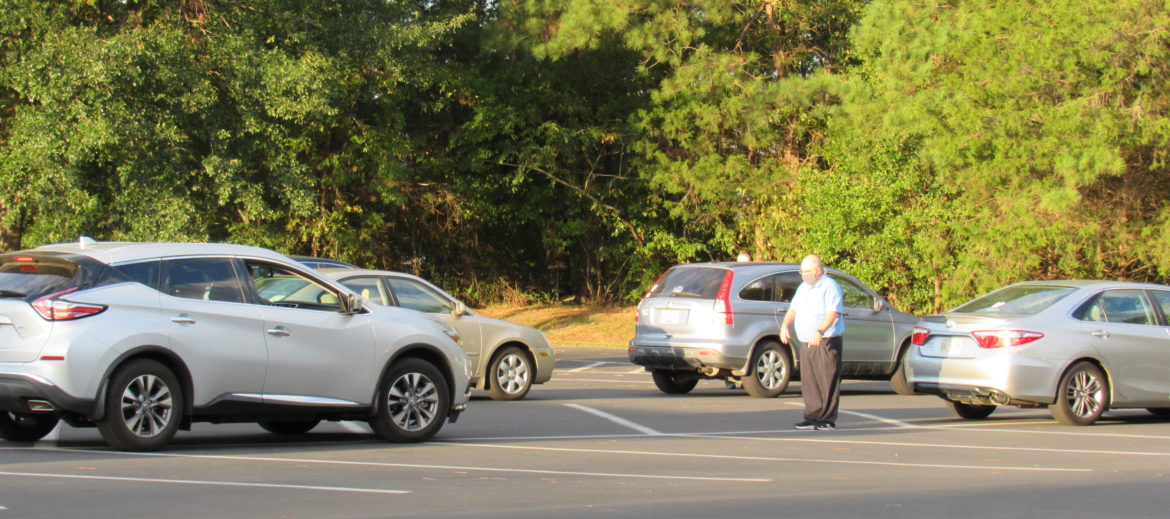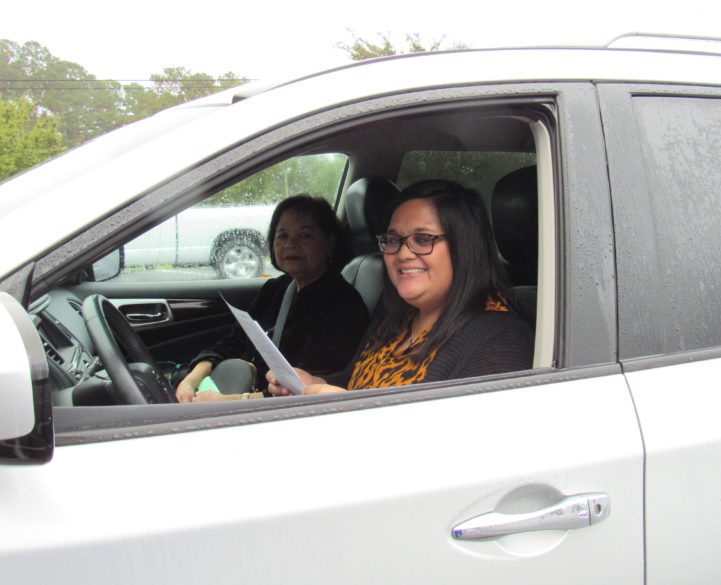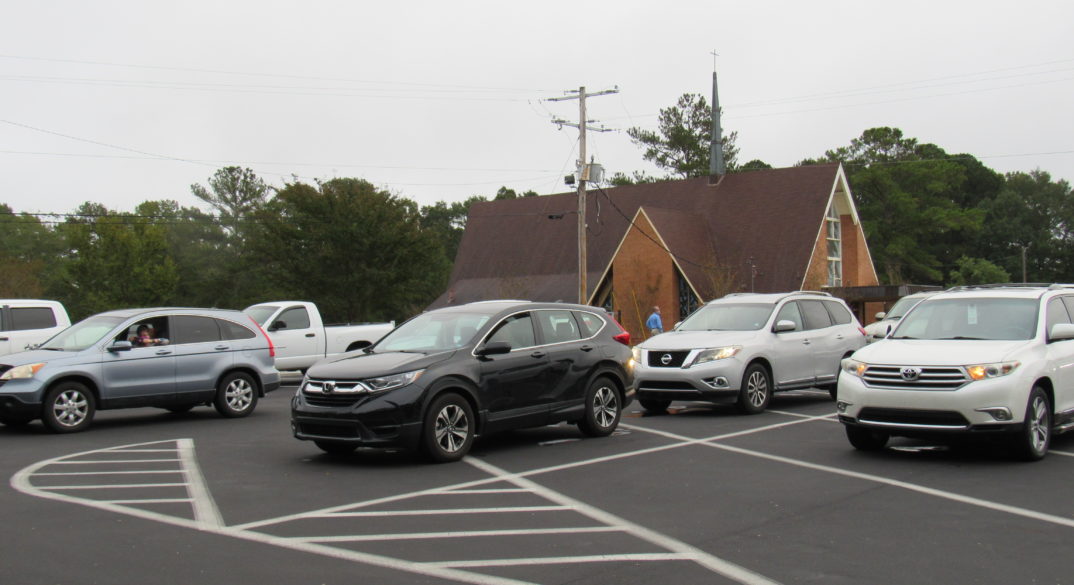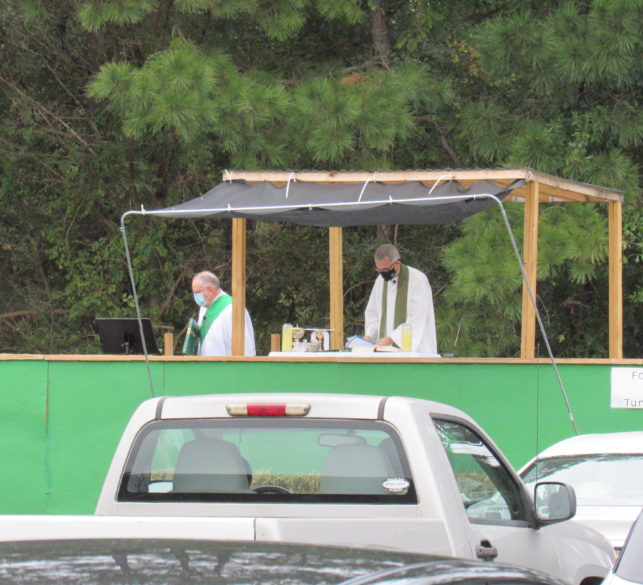By Bishop Joseph R. Kopacz, D.D.
“The Spirit and the Bride say, come! The one who inspires faith says, Yes, I am coming soon. Maranatha, come, Lord Jesus!” The Bible ends with these words from the Book of Revelation, or the Apocalypse, expressing the holy longing that we cultivate during this sacred season of Advent leading up to Christmas. These heartfelt words have been the prayer of the church every day for nearly 2000 years, a long stretch of time, for sure.
However, we heard from the letter of Peter last Sunday that “for the Lord one day is like a thousand years and a thousand years is like one day.” (2Peter 3:8) Since we are just about to begin the third day following the death and resurrection of Jesus there is no reason why this great mystery and drama of salvation should ever grow old. It remains ever ancient and ever new.

We pray for the grace of the hunger and thirst of St. Augustine during these Advent days. “Late have I loved you, O Beauty ever ancient, ever new, late have I loved you! You were within me, but I was outside, and it was there that I searched for you. In my unloveliness I plunged into the lovely things which you created. You were with me, but I was not with you.” (Confessions) It is a stretch to measure a millennium in our imagination, and it is incomprehensible to grasp eternity, but we can, and we must seize the opportunity that each day offers to rediscover the ancient and new grace of God in its manifold expressions.
In the moment, John the Baptist is our guide. Prepare the way of the Lord, are the words of the voice who echoes down the centuries. He, whose pulpit is the doorstep of the desert, clears the way for the eternal Word made Flesh. This is the Good News of Jesus Christ, the Son of God, the opening words of the Gospel of Mark from the second Sunday of Advent. Believing this, what sort of lives are we to live, brothers and sisters, is the question from St. Peter in his letter.
The answer to this eternal question is found in the gathering at the Jordan River where the people were coming to John the Baptist to confess their sins and to be baptized by him in the Jordan river. The first step forward in the knowledge of our salvation is the forgiveness of our sins. (Luke 1:76-77), as expressed in the Benedictus, the glorious prayer of Zacharias, the father of the Baptist. Returning to the letter of Peter again from last Sunday we hear that “the Lord is not slow in keeping his promise, as some understand slowness. Instead, he is patient with you, not wanting anyone to perish, but everyone to come to repentance… But in keeping with his promise we are looking forward to a new heaven and a new earth, where righteousness dwells.”
Biblical righteousness is grounded in reconciliation with God and getting it “right” with one another. The gift we receive is then given as a gift. (Matthew 10:8). In the midst of this distressing pandemic, the prophet Isaiah’s exhortation is compelling. “Comfort, comfort my people, says your God.” (40:1) So many people have lost so much throughout this past year. Righteous living inspires us to take many steps forward by giving comfort, by restoring hope, by providing support in whatever ways we can. To be reconciled with God is to unite heaven and earth. To create by God’s grace a “new heaven and a new earth” each day is within our power. Last Sunday’s psalm response conveys God’s vision and our goal. “Kindness and truth shall embrace; Justice and peace shall kiss! Truth shall spring from the earth, and justice will look down from heaven.” (85:10)
Indeed, we have been baptized with the Holy Spirit as John the Baptist prophesied at the Jordan River, an anointing and an indwelling that is the pledge of eternal life and the inspiration to build up the Kingdom of God today, and every day. In doing so we will have an impact for 1000 years. “Maranatha! Come, Lord Jesus!”


